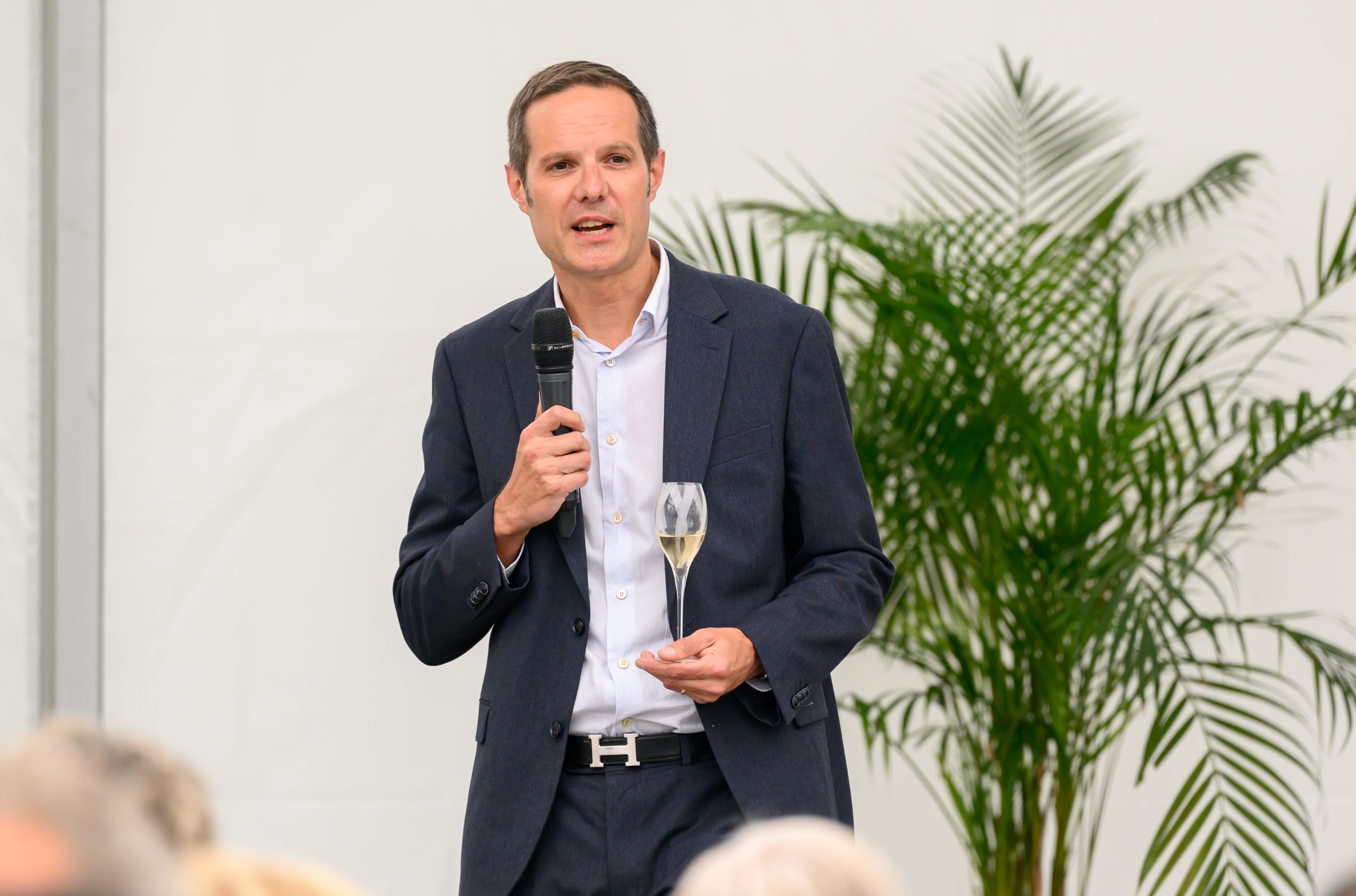AIM conference tackles education gap
Alcohol in Moderation held its 21st anniversary conference last week, where it considered alcohol education for young people and the continued development of non-alcoholic beers and wines.
The morning session was devoted to examples of alcohol education in schools and universities around the world, with speakers from Spain, Australia, the US and Italy among others.
Oliver Letwin MP, minister for government policy, and Despina Spanou, principal adviser for stakeholders and communication, directorate general for health and consumers, European Commission and chair of the European Alcohol and Health Forum (who quipped that it was one of the joys of bureaucracy that one got such long titles) also spoke about the UK government and EU’s respective approaches to alcohol education.
The eight speakers each delivered a brief introduction on their country’s respective programmes and initial findings.
Despite the often wide and varied methods being employed, some key findings appeared true of them all notably that a more positive attitude towards alcohol and stories about alcohol need to be adopted, involving parents was also effective and that the course needed to be begun early (around 11-13 years) and then repeated at intervals throughout the students’ time at the school to achieve more lasing results.
As Paul Tuohy, chairman of the responsibility deal alcohol education group and one of the session’s co-chairs, pointed out: “Currently UK kids get, on average, one hour or less a year on drug and alcohol abuse.”
Partner Content
After lunch the focus shifted to the growing market for low alcohol drinks, the session began with a medical panel on how alcohol abuse affects the body, followed by talks from Scott Wilson, director of public affairs at Molson Coors on the achievements of the Low Alcohol Group in removing units from their range to date.
Cristina de Aguirre from Cerveceros de España explored how low alcohol beer had become socially acceptable in Spain, Neil Mariola from Accolade Wines discussed the work put into developing Stowells Light and Banrock Station, and finally Creina Stockley looked at how technology in winemaking could play a part in lowering alcohol levels.
A detailed look at each speaker’s case study will appear over the following days on the drinks business website.




